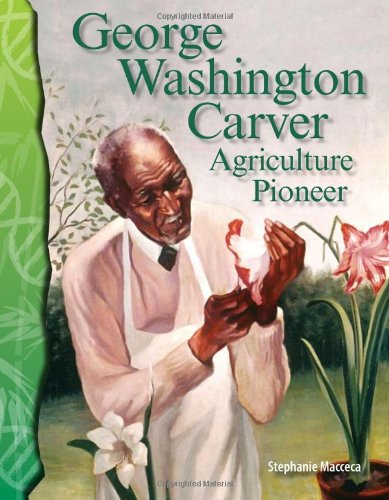

Most ebook files are in PDF format, so you can easily read them using various software such as Foxit Reader or directly on the Google Chrome browser.
Some ebook files are released by publishers in other formats such as .awz, .mobi, .epub, .fb2, etc. You may need to install specific software to read these formats on mobile/PC, such as Calibre.
Please read the tutorial at this link: https://ebookbell.com/faq
We offer FREE conversion to the popular formats you request; however, this may take some time. Therefore, right after payment, please email us, and we will try to provide the service as quickly as possible.
For some exceptional file formats or broken links (if any), please refrain from opening any disputes. Instead, email us first, and we will try to assist within a maximum of 6 hours.
EbookBell Team

4.1
20 reviews
ISBN 10: 0743905903
ISBN 13: 978-0743905909
Author: Stephanie Macceca
Chapter 1: George Washington Carver
Chapter 2: College Life
Chapter 3: Professional Life
Chapter 4: A Great Teacher and a Movable School
Chapter 5: The Peanut Man
Chapter 6: Geobiologist: Hope Jahren
Chapter 7: Appendices
Chapter 8: Lab: Transportation Within Plants
george washington carver agriculture extension
george washington carver agriculture
a george washington carver
what did george washington carver do for agriculture
george washington carver’s contributions to agriculture
Tags: Stephanie Macceca, George Washington, Carver, Agriculture